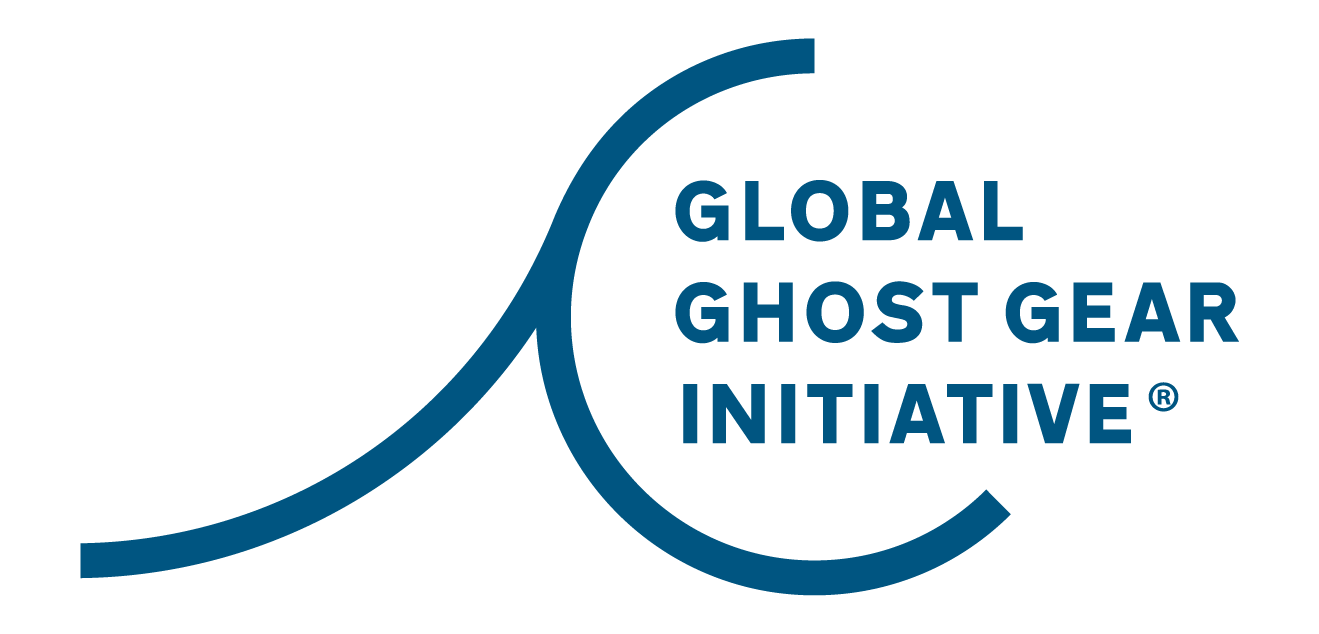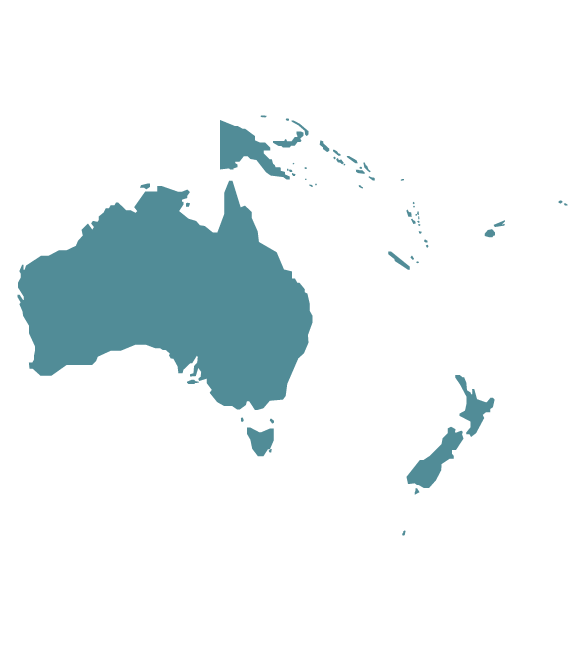Our
projects
Projects on this page are divided into two categories: GGGI Signature Projects and GGGI Small Grants.
GGGI Signature Projects are collaborative projects that have been designed by and funded through the GGGI involving several GGGI members and other partners contributing to large-scale and often multi-phase projects.
GGGI Small Grants are projects are funded through the GGGI Small Grants Program, which is a competitive bid-based program open to GGGI members only, pending available funding. GGGI Small grants typically involve one or more GGGI members working on specific projects in select geographies.
GGGI projects by region - select a region and then click “explore” to see projects from each region
All Projects
GGGI Signature Project - North American Net Collection Initiative (NANCI)
Our signature North American Net Collection Initiative (NANCI) project is the first-ever transboundary initiative to prevent ghost gear in the coastal waters of the western United States, Mexico, and Canada. The GGGI, along with the Government of Mexico and several local non-profit organizations (including WWF Mexico, Pronatura Noroeste, Manta Caribbean Project, Wildcoast, and Bureo Inc.), and supported by funding from a diverse set of funders including the U.S. National Oceanic and Atmospheric Administration’s (NOAA) Marine Debris Program, and the Builders Initiative, have come together to tackle ALDFG in a holistic way under the NANCI project banner.
GGGI Signature Project - Pacific Northwest
The Pacific Northwest region of Washington State and British Columbia is an area of incredible biodiversity and, as a result, significant fishing activity, particularly for Dungeness crab and various salmon species. There has been significant work done in the region previously by several GGGI members, including the Northwest Straits Foundation (NWSF) and Natural Resources Consultants (NRC) in Washington State and the Emerald Sea Protection Society (ESPS) in British Columbia. Part of this work by NWSF and NRC includes the creation of the Puget Sound Crab Pot Prevention Plan and the Reporting, Response, and Retrieval (RRR) Program for newly lost nets, a program being conducted in coordination with the Washington Department of Fish and Wildlife.
GGGI Signature Project - Caribbean
The GGGI has been engaging in the Caribbean since 2018, having been an observer and giving presentations on ALDFG at the Caribbean Regional Fisheries Mechanism annual meetings in Montserrat in 2018 and St. Kitts in 2019. The Caribbean region, being prone to frequent severe storm events such as hurricanes, experiences a significant amount of gear loss, particularly in its static gear fisheries using traps and pots. This comprehensive project is focused on two key project objectives in the Caribbean region:
reducing ghost gear by incentivizing adoption of best practices around gear loss prevention, exploring innovative gear designs and improving port reception facilities; and
identifying the types and prevalence of ghost gear in the region and conducting workshops to train local stakeholders in gear marking and retrieval.
GGGI Signature Project - Gulf of Maine and Rhode Island
Each year, thousands of lobster traps are lost in the Gulf of Maine due to poor weather, broken groundlines, and buoys buffeted by storms, or cut loose by boat propellers. These lost traps have significant ecological and economic impacts, resulting in diminished lobster populations and hundreds of thousands of dollars in lost revenue and replacement costs across the industry. To address this issue, the GGGI has been working with partners on the ground, including the Gulf of Maine Lobster Foundation (GOMLF) and Commercial Fisheries Research Foundation, as well as local fishers for years to help solve this problem by doing annual gear removals in the off-season as well as holding voluntary end-of-life “gear grab” events and local knowledge sharing and capacity building workshops.
GGGI Small Grant (2023) - Northwest Straits Foundation (USA)
Over 10,700 crab pots are lost each year in Washington’s Salish Sea (WASS) resulting in the loss of more than 142,000 harvestable size Dungeness crab each season. The recreational crabbing sector accounts for 86% of this gear loss, much of which occurs from user error. The Northwest Straits Foundation (NWSF) is working to reduce gear loss through its Catch More Crab recreational outreach campaign, educating crabbers on best practices to prevent pot loss for a healthy WASS.
GGGI Small Grant (2023) - Hagamos Más (Mexico)
Fundación Hagamos Más por Santa Rosalía (Hagamos Más) is a community service non-profit in Baja California Mexico that works with fishing communities to promote community participation and women’s empowerment on a variety of issues. Through the GGGI Small Grants Program, Hagamos Más has been implementing a “weigh and pay” program for the recovery of ALDFG and other plastic marine debris from Mexico’s westcentral Gulf of California coast, along with a variety of outreach activities with fishing communities in Baja California Sur, Mexico. Women from fishing communities have been trained and paid to be communicators for the program, an approach that has reached nearly 840 people in four priority communities so far. These women are dedicated and effective, and they have become community leaders in the effort to mitigate ALDFG in their local environment.
Joanna Toole Award (2023) - Surfrider Foundation Kauai (Korea, Japan, Taiwan, USA)
Hawaii, being the most remote island chain in the world and being very close to the North Pacific Gyre, is a hotspot for marine debris of all kinds, most notably ALDFG. This project, led by Surfrider Foundation Kauai, aimed specifically to address the challenges of eel trap entrances (ETEs) and their potential to ensnare wildlife such as Hawaiian monk seal pups and other marine animals. Eel traps, typically used in Asia but also in other places around the Pacific Rim, can float for thousands of kilometers on ocean currents, and many of them end up in the Hawaiian archipelago.
Joanna Toole Award (2023) - Ocean Legacy Foundation (Canada)
Over the last five years, the Ocean Legacy Foundation has successfully established seven Ocean Plastic Depots (OPDs) across British Columbia, Canada, and has developed a Plastic Pollution Emergency Response Facility in Steveston, British Columbia. This endeavor represents one of the largest marine debris collection and recycling networks in the country and engages a variety of regional and local community partners, marine industry stakeholders, as well as local Indigenous groups. This project is building on the ongoing work of Ocean Legacy in the development of a provincial strategy around the responsible recycling and end-of-life management of marine debris and ALDFG materials.
GGGI Small Grant (2022) - Sea Mammal Education Learning Technology Society (SMELTS) (USA)
The SMELTS project is focused on developing technology to remove marine debris—specifically, anchored fishing traps—from ocean environments. During the course of this project, SMELTS built two neutrally buoyant marine debris lifting engine prototypes to develop techniques to recover marine debris, including anchored gear that can entangle whales and other marine wildlife. SMELTS worked with partner fishers and used commercial vessels to test new devices and techniques to identify and recover ALDFG. SMELTS also utilized a small, portable working-class underwater ROV with gripping arms and 4k video capability to record underwater marine debris recovery efforts, which will aid in training and in the development of techniques that can be used to aid entangled whales and other marine wildlife in the future.
GGGI Small Grant (2022) - Emerald Sea Protection Society (Canada)
The Emerald Sea Protection Society (ESPS) small grant project consisted of targeted ghost gear recovery operations off the coast of British Columbia and media outreach to raise awareness of ALDFG. The original plan was to purchase a boom crane to increase the lift potential of the ESPS field vessel to pull ALDFG from the water to the surface. However, the vessel was deemed incompatible with a boom crane after an engineering assessment. For this reason, ESPS used funds allocated to this project to upgrade the ROVs, GPS systems and associated hardware that the society uses to detect and remove ALDFG.
GGGI Small Grant (2021) - Coastal Restoration Society (Canada)
Coastal Restoration Society (CRS), Canada’s largest environmental remediation non-profit, supports the resource stewardship goals of Indigenous, municipal, provincial and federal governments across Canada. Since 2018, CRS has completed dozens of large-scale industrial environmental remediation projects in Indigenous territories throughout Canada. CRS projects include ghost gear retrieval, anthropogenic debris removal, pollution and petroleum spill response, derelict vessel salvage, aquatic invasive specie mitigation and control, abandoned aquaculture site remediation, and emergency climate change response.
GGGI Small Grant (2021) - Teem Fish (Canada)
To facilitate the reporting of lost and found crab gear in fishing grounds in British Columbia, Canada, Teem Fish is developing a near real-time gear tracking software application that can be added to the existing e-logbook in use by the Area A Dungeness Crab fleet. Teem Fish is developing the software and providing training for harvesters to test the software will ensure information is reported more accurately, consistently, and in a much more timely manner across the fleet, and in accordance with new lost gear reporting requirements from the Department of Fisheries and Oceans, Canada (DFO) and to reduce the amount of derelict gear in the water.
GGGI Small Grant (2021) - Gulf of Maine Lobster Foundation (USA)
In June 2021, the Gulf of Maine Lobster Foundation, based in Kennebunk, Maine, Monterey Bay Diving, based in Monterey Bay, California, and commercial fisher and diver Jim Buxton, based in Portland, Maine, completed a cross-country collaboration to use side-scan sonar to attempt to identify ALDFG in Casco Bay, Maine. The team spent three full days in June 2021 using Monterey Bay Diving’s Edge Tech 4125 side-scan sonar unit to scan an area of approximately 20 square miles where there could be potential large masses of fishing gear.
GGGI Small Grant (2021) - Hawaii Pacific University Center for Marine Debris Research (USA)
Abandoned, lost and discarded fishing gear (ALDFG) washes ashore by the tons in Hawai'i, threatening corals and other marine life. Hawai'i Pacific University’s Center for Marine Debris Research (CMDR) has been detecting and removing ALDFG from the environment to identify the sources and quantify the damage done to coral reef habitats. Partnering with Hawaiʻi Institute of Marine Biology, The Nature Conservancy, and Makanakai Marine Services, with funding from the Global Ghost Gear Initiative (GGGI), CMDR used Structure from Motion (SfM) high-resolution 3D imagery of a coral reef to capture imagery of coral in a high-risk DFG strike zone in Kāne'ohe Bay. The goal of the project was to capture imagery of the reef before a net strike, with the net on the reef, and the reef after the net was removed, in order to quantify the damage and recovery of the reef over time.

Become a Member
Interested in becoming a member? Click the button below to learn more.




















